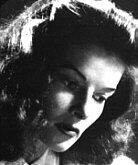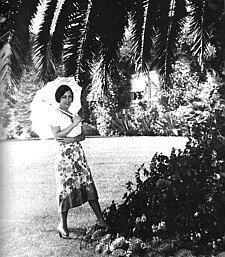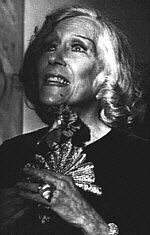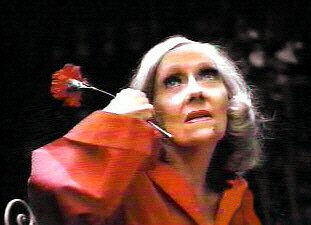

|
|
|
|
|
|
|
 |
 |

![]()
![]()
|
|
|
The birth of a child is always a blessing!
|
|
|
![]()
|
|
|
|
Between the ages of five and eight.
|
|
|
|
|
|
|
|
|
|
![]()
![]()
|
|
|

|
|
|
|
![]()
|
|
" NO SMOKING!"
|
|
|
|
|
|

Here's one more item, which will surprise you!

![]()
![]()

"All those wonderful people out there in the dark."
![]()
|
|
|
|
|
![]()
|
|
|
|
![]()

"I'm ready for my closeup, Mr. DeMille."
![]()
|
|
|
|
|

With Dolores Del Rio, a very rare 1970's shot.![]()
|
|
|
|
|
|
|
|
|
|
|
|
|
|
|
|
|
|
|
|
|
|
|
|
|
|
|

![]()


![]()

|
|
|
|
|
![]()